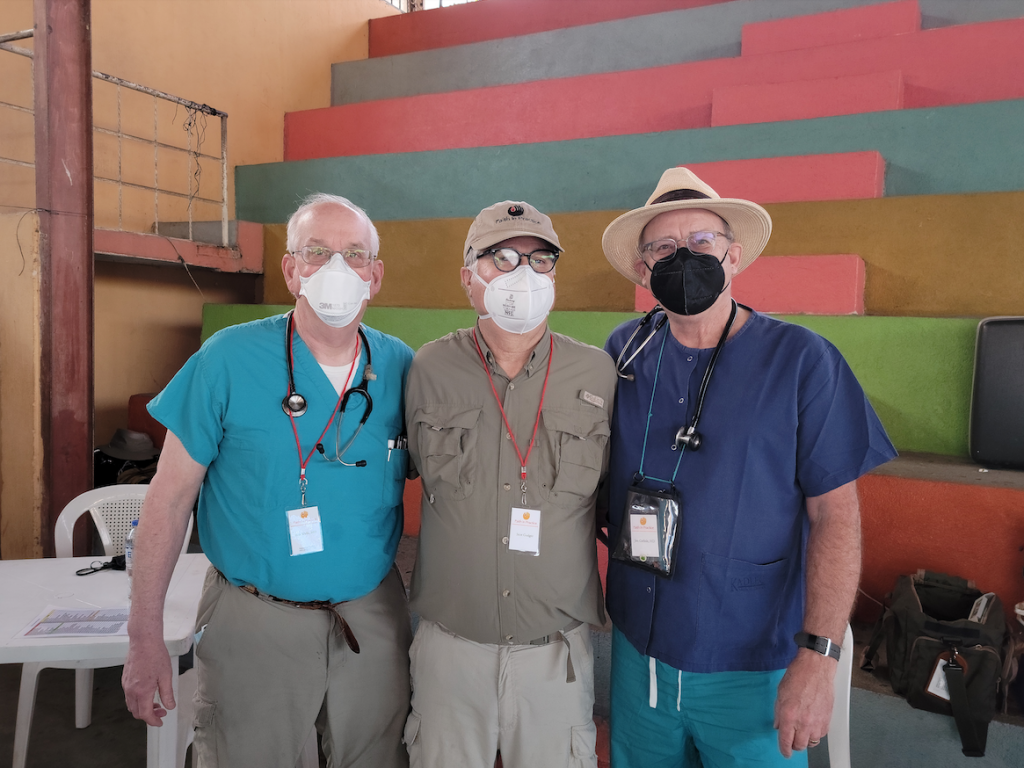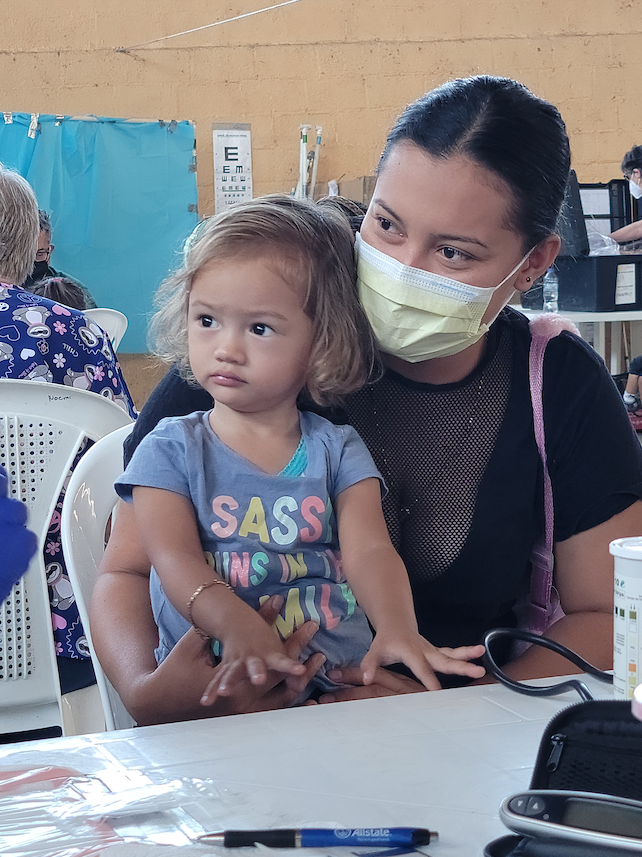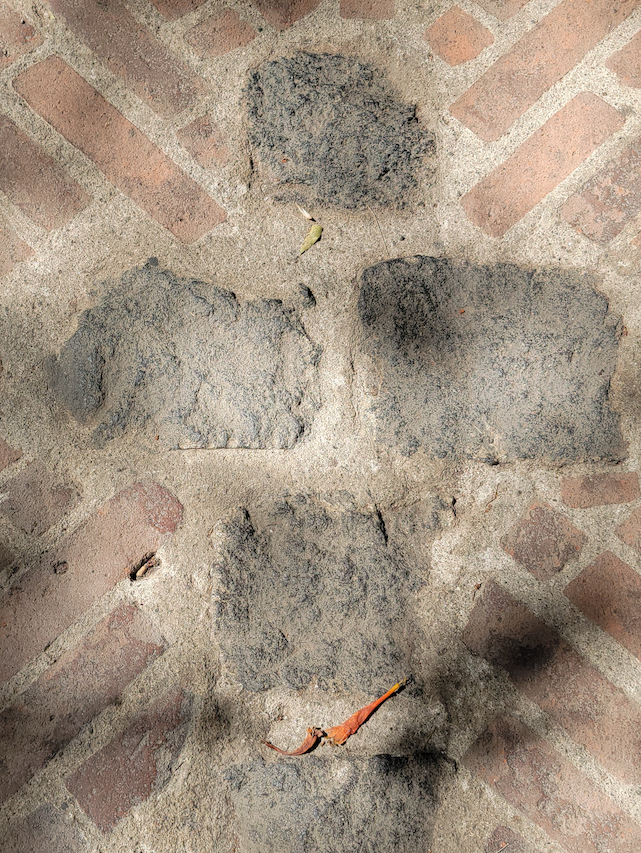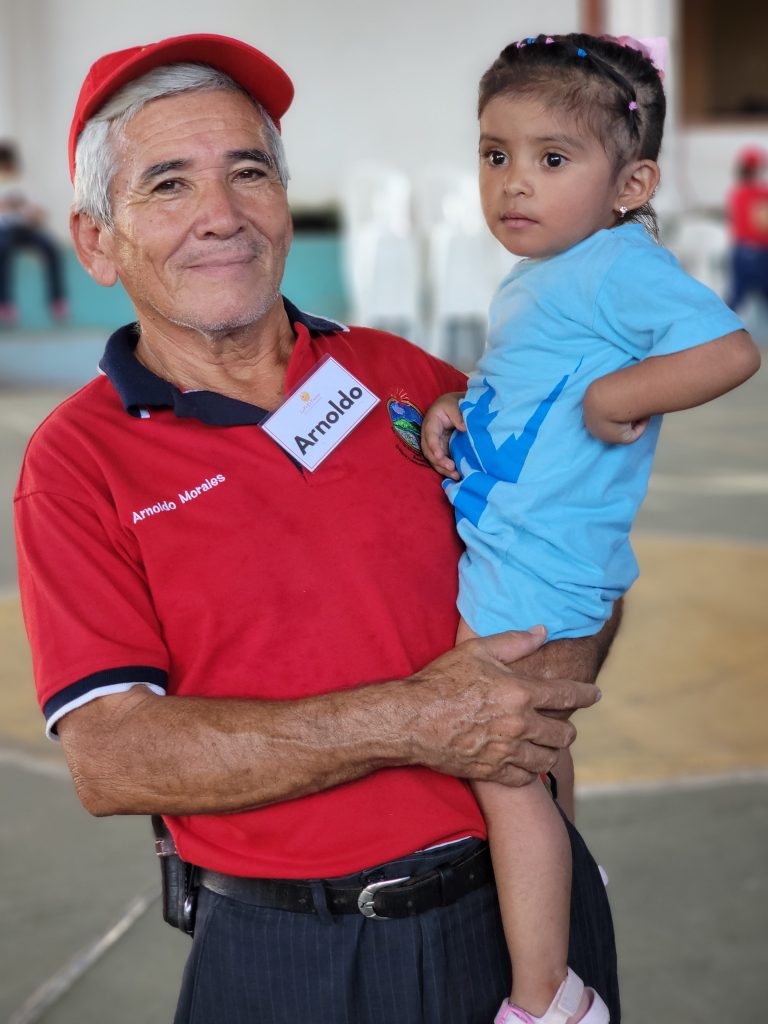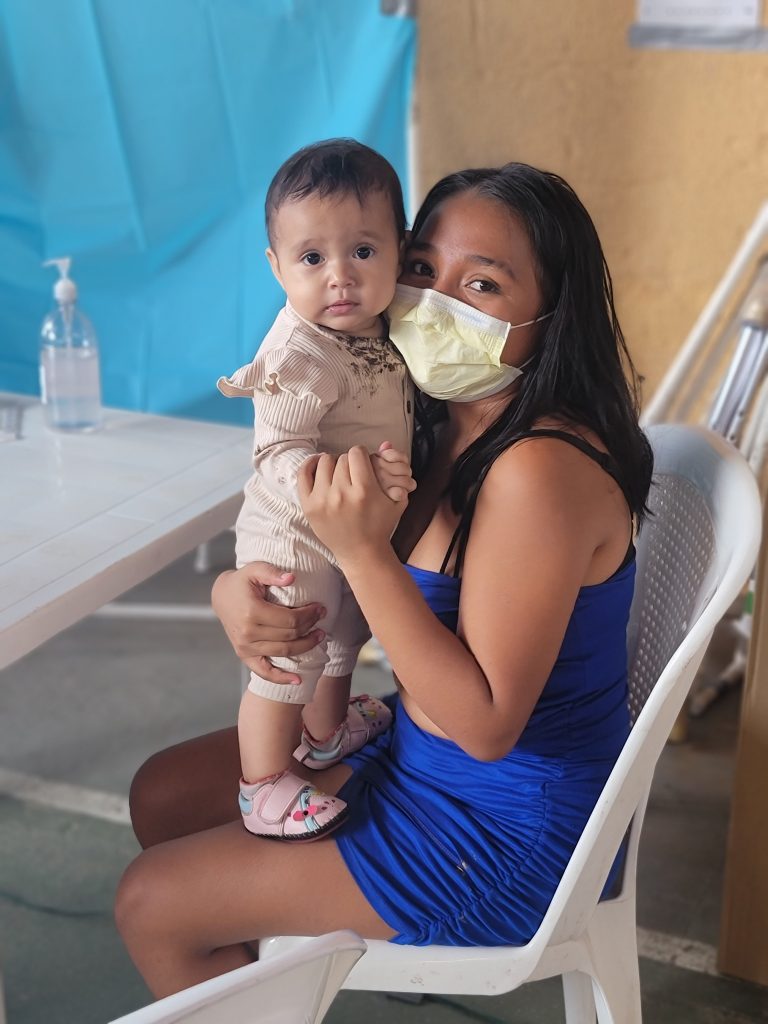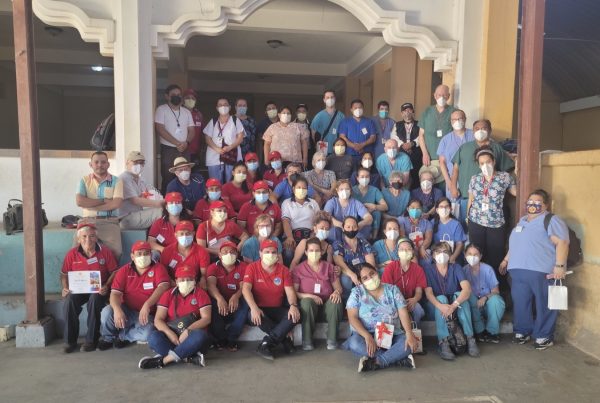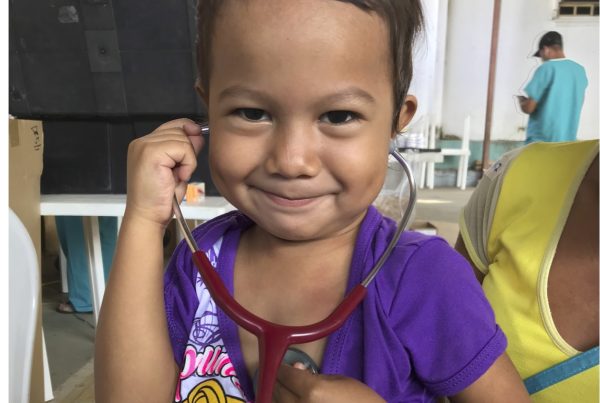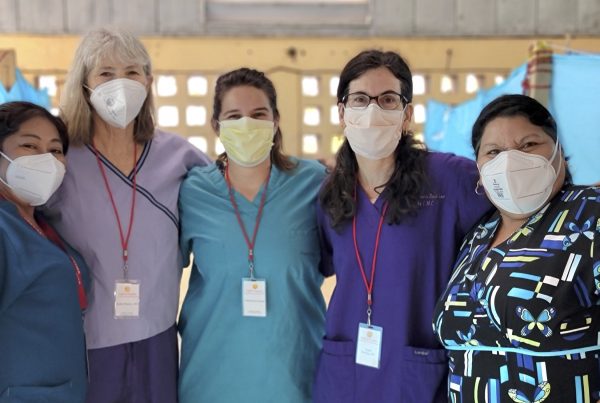We started our last day with a devotional from Scot. Hope and Faith guided us all week. Scot reminded us of the importance of both.
“Hold fast to dreams,
For if dreams die
Life is a broken-winged bird,
That cannot fly.”
—Langston Hughes, poet
What is hope? Desmond Tutu said, “Hope is being able to see that there is light despite all the darkness.” It whispers, “You’ll overcome this hardship.” It reassures us, soothing our minds by reminding, “life will improve.”
According to Positive Psychologists who have studied the science of happiness, hope is a signature strength that improves our well being, providing peace of mind, contentment, life satisfaction.
Developing the Spirit of Hope
For some people life is a graveyard of buried hopes. For others, it is the possibilities that motivate a person to achieve a desired outcome, to overcome hardship, to keep trying, to keep hoping despite the small odds of success. What do hopeful people have in common?
First, the hopeful person believes that life will work out, that they’ll solve the problem or overcome the illness, or get through the depression or grief. How is this hopeful mindset created? A hopeful person practices positive “self talk.” When faced with a stressful situation or hardship, and negative thoughts enter the person’s mind, the hopeful person will tell themselves, “It will work out. I will find a way to conquer, to succeed.”
Secondly, despite the adversity, a hopeful person visualizes a positive outcome. For instance, when sick, the person imagines being well again. When out of work, the person envisions being hired by an employer again. When alone, by oneself, the person imagines finding a soul mate.
Thirdly, when the situation is dire, perhaps a person is terminally ill, the dying person focuses their attention on the positive aspects of a grim situation. The person accepts their fate, but chooses to concentrate on the positive conditions in their life.
Finally, the hopeful person lives in the moment. Instead of being tormented by worry of the future, the person focuses on what he/she can do today to make tomorrow a reality.
You can do incredible things when you have enough hope. It was Christopher Reeves, a former actor who became paralyzed, a quadriplegic, after being thrown from his horse, and then forced to live for many years strapped to a wheelchair, breathing from a ventilator, who said, “Once you choose hope, anything’s possible.”
Team Wells did beautiful mission work this week. Here are our totals:
Total patients: 1,082
Total clinics: 1,198
Total referrals: 200
Total labs: 439
We served with faith and hope. We served with heart. Here’s what each team member said about what brings them back along with how many trips they’ve been part of:
“It’s a combination of the service we provide and the wonderful team. The country is beautiful.”
—Bob, 23
“It’s grounding for me. To provide a glimpse of primary care to people who are grateful as opposed to the entitlement of people looking to get medical care in the U.S.”
—Scot, 9
“I like volunteering and helping others. Here we have a big impact in a little bit of time.” —Nicole, 2
“To help and give freely in the purest form. When I travel to a foreign country and stay in nice hotels, eat fine meals, and walk around, who am I really supporting? Ultimately resorts are companies. Here I’m giving directly to the people who really need it.”
—Jacob, first trip
“It’s fun! I love the Guatemalan people. I feel at home. Most of the patients are similar to those I see at home, just worse. Guatemala doesn’t feel like a foreign country. Plus, I love the team.”
—Mopsy, 10
“I did nothing to have my privileges that I have because of where I was born. Seeing people so poor because of where they were born breaks my heart.”
—Jenny, 4
“I did a service project in high school in Nicaragua. I feel compelled to give back. FIP is an organization that has roots so it’s sustainable. Here we serve a lot of people. We just don’t have the same opportunities at home.”
—KR, first trip
“The good work we do with the people. Seeing somebody getting a little hope in their life. It’s rewarding. I’m glad I can help.”
—Luis, 3
“I love the people. They’re appreciating and humble. And I like that we’re a cohesive team.”
—Robin, 5
“The people. They’re beautiful. They need help. They help me be fulfilled as a person who wants to be helpful. The good I do bounces back to me.”
—Angela, 4
“I like to travel. I like to see what’s happening in other cultures. I like using my skills to help. I’m inspired by our leaders, Bob and Scot, and by all on the team. My husband supports at home, making it possible for me to come. I have so much gratitude for him. FIP makes it easy for us to sign up and show up. They’re so well established.”
—Launa, 6
“I like what we’re doing here, and how well organized everything is. Tagni sets a good tone. Plus, I like the referrals and that patients get follow-up.”
—Nancy W, 2
“We really do good. We’re doctors from North America who come down. FIP gets the volunteers ahead of time and does the follow-up. Knowing the surgical teams can fix problems. That’s what brings me back.”
—Dick, 12
“This is the type of medicine I want to practice. It’s why I went into medicine and it doesn’t exist in the U.S. I love the people. They’re gracious and patient. Sometimes all I can give are vitamins and they thank me. They thank you for everything and hug me at the end.”
—Amy, 23
“Easy. It’s the team and mission. It’s rare to do something of such immediate value when you’re a primary care doctor. I appreciate the infrastructure in the country and the engagement of the local volunteers. They love their people.”
—Jim, 17
“You get to see things you don’t see at home. The team is fun! Being here helps me appreciate my life.”
—Mike, 4
“Being of service. Of all the ways I’ve given back, this is my favorite because I have the honor of witnessing deep care and compassion. Seeing someone’s life change by being given a wheelchair cracks me open every time. Watching our providers truly listen and care. It’s beautiful.”
—Annie, 3
“I love Guatemala because it feels like a small community. Whatever you need someone will tell you where to find it. There’s so much I love about Guatemala. Every day something beautiful happens.”
—Nancy P, 15
“Until I came, I didn’t realize how meaningful it is. Cases are chronic more than they’re urgent. So it’s listening, validating complaints. Counseling patients when it’s culturally appropriate. Sense of service. People here are so grateful despite lack of resources. Not one feels entitled. They’re grateful for someone to listen to them.”
—Kayleen, 4
We carry you all in our hearts as we travel back home. May the blessings hold us and grow us until next time.
-Annie Gudger
To support this team and their commitment to our patient’s visit:


